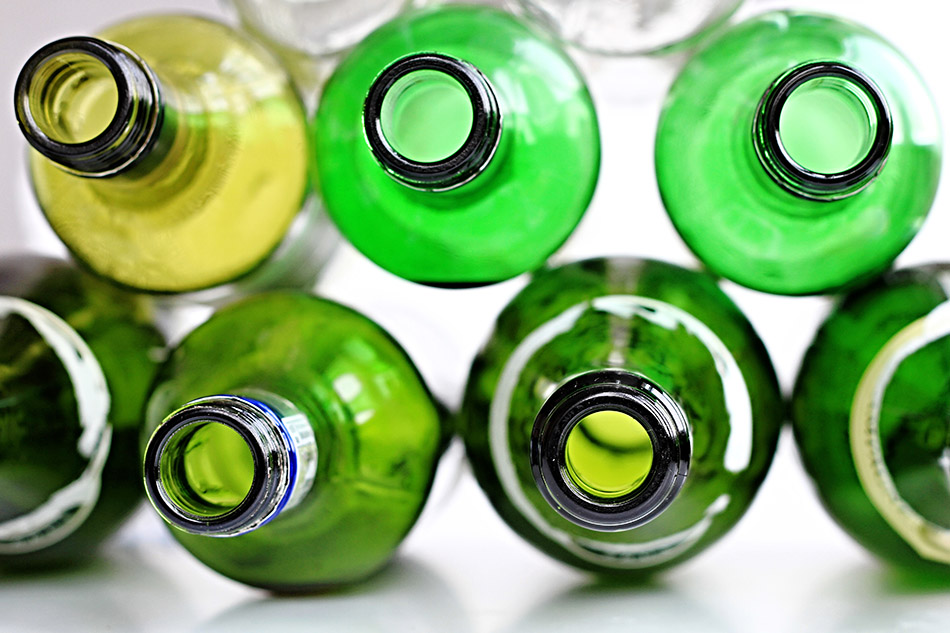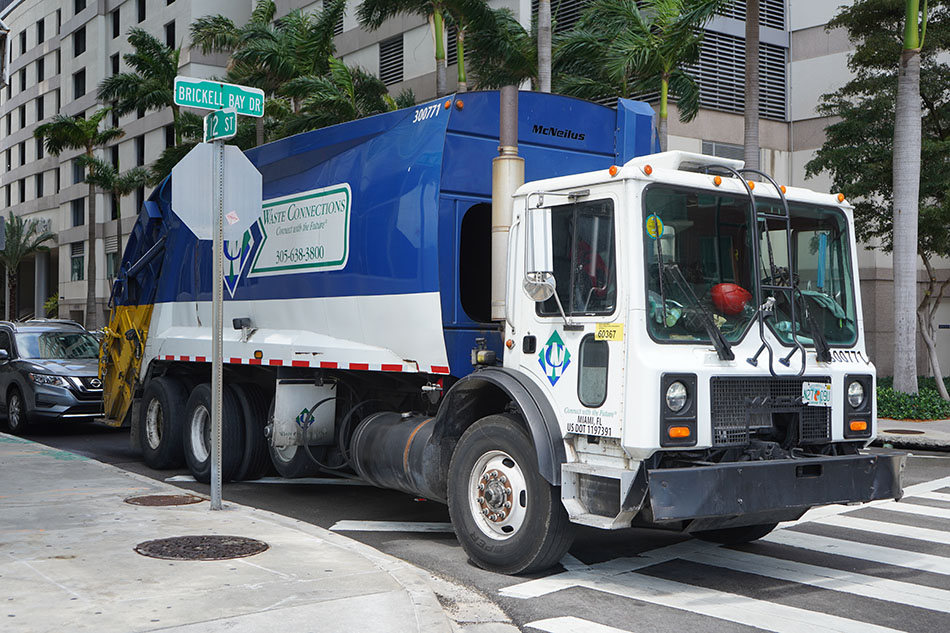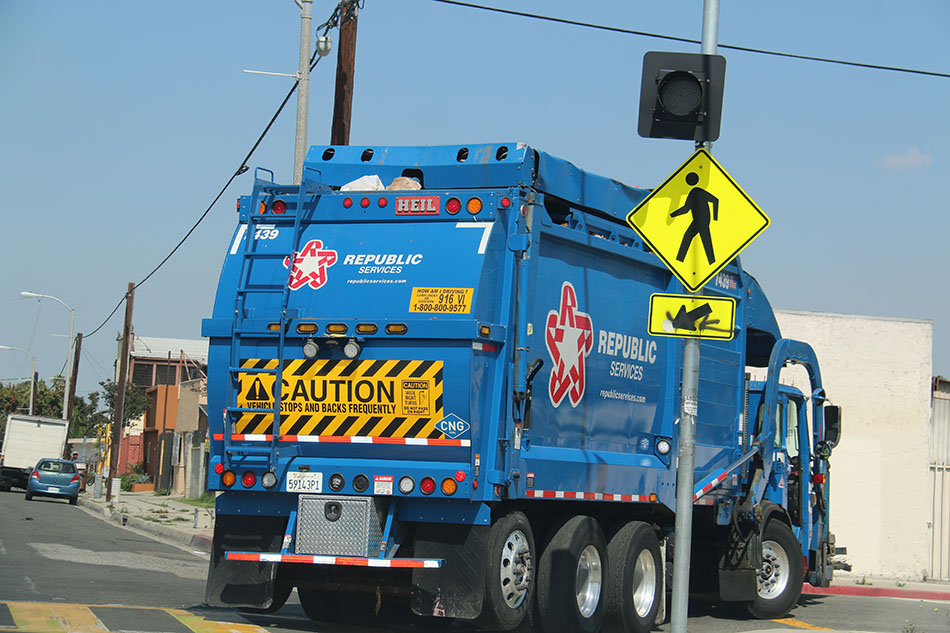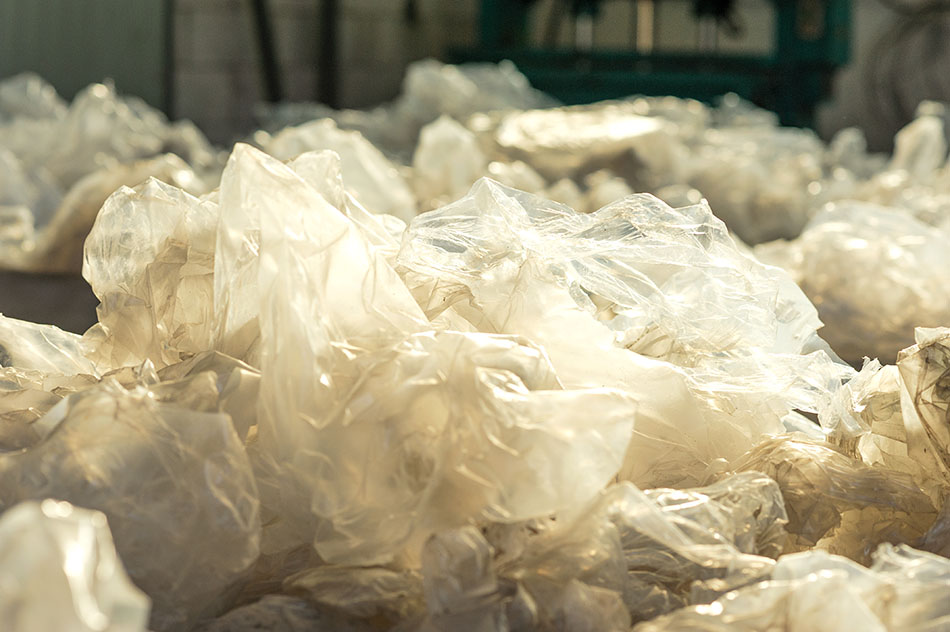
 Associate Editor Jared Paben has worked for Resource Recycling since December 2014. Most of his earlier career was spent as a reporter for the daily newspaper in Bellingham, Wash., but he also has experience working for the Oregon volunteerism commission and for Oregon nonprofits serving low-income populations. He can be contacted at [email protected].
Associate Editor Jared Paben has worked for Resource Recycling since December 2014. Most of his earlier career was spent as a reporter for the daily newspaper in Bellingham, Wash., but he also has experience working for the Oregon volunteerism commission and for Oregon nonprofits serving low-income populations. He can be contacted at [email protected].
Jackson, Miss. will suspend its curbside recycling program effective Sept. 1. | C5 Media/Shutterstock
In response to strained recycling markets, a handful of U.S. municipalities larger than 50,000 people have recently canceled recycling programs or reduced the materials accepted.

Furnace start-up at Georgia-based Arglass Yamamura is scheduled for the fourth quarter of 2020. | From Arglass Yamamura website.
A newly formed company plans to build what it calls the first new U.S. glass bottle factory in over a generation. The $123 million plant will use recycled glass.

Colorado has about a 30% recycling rate for glass. | Herlanzer/Shutterstock
A pilot project led by Colorado’s state recycling association revealed a number of impediments businesses in the region face when it comes to glass recycling. The group also suggested some solutions.

Houston Mayor Sylvester Turner released a statement noting that 23 drivers and four supervisors will face disciplinary action. | Sean Pavone/Shutterstock
Staff members in the city of Houston’s solid waste department are facing punishment after an internal audit found 1,300 tons of recyclables were landfilled.

London, Ontario has a goal of 60% waste diversion by the end of 2022. | Wei Seah/Shutterstock
London, Ontario approved a grant for a Hefty EnergyBag program, making it the first Canadian city to embrace the program for collecting hard-to-recycle plastics.

For the first half of the year, Waste Connections’ recycling business generated $36.5 million in revenue. | Jordi Cor/Shutterstock
Waste Connections and Advanced Disposal Services have continued to suffer from lower commodity prices. Casella Waste Systems, however, charged enough in fees to overcome the market pain.

Argentina-based Arqlite’s first gravel products were sold to customers earlier this year. | Courtesy of Arqlite.
Consulting firm B-Green was helping consumer brand owners reduce waste to landfill, but the companies’ packaging lacked a diversion solution. So B-Green went to work developing a recycling technology and end product.

Republic Services’ recycling business brought in $72 million in revenue during the second quarter. | Supannee Hickman/Shutterstock
The two largest garbage and recycling companies in North America have enjoyed more profitable recycling businesses, even as commodity prices remain at rock bottom.

Trex uses millions of pounds of PE film annually. | artgray/Shutterstock
Already North America’s largest consumer of recovered film, Trex plans to use considerably more in the future, according to the company’s CEO.
